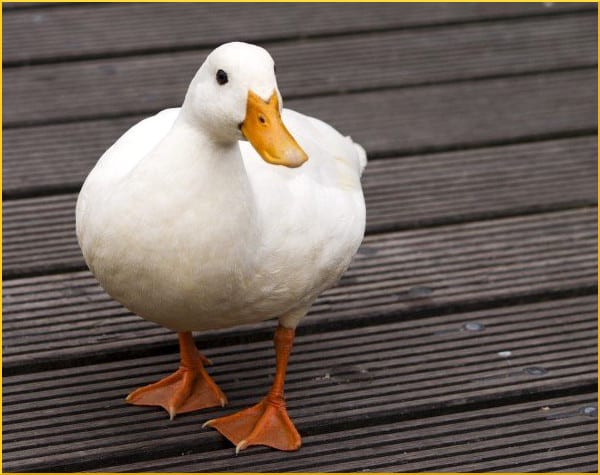
Yesterday, Childhood Obesity News talked about criticisms that have been leveled at some of Dr. Pretlow’s ideas, and will now suggest previous posts that might clear up some misconceptions. For instance, one reviewer did not understand the importance, in the W8Loss2Go program, of weighing portions.
Here are the suggested articles:
- “Childhood Obesity and Portion Control”
- “Food Portions — Why Weigh?”
- “The Manly Art of Portion Weighing”
- “The Mind and the Scale”
- “The Curse of Portion Size”
- “Why Measuring Matters”
Another aspect of WeightLoss2Go that has been disparaged is the elimination of snacking. We are frankly incredulous that anyone could question the necessity of curbing the snacking habit if weight is to be normalized. Out of every 100 lists of weight-loss hints ever published, it is quite likely that 99 of them encourage the banishment of snacking.
These are a few posts on the subject:
- “Incomparable Obesity Villains — Soda Pop, Pizza and Potato Snacks”
- “Potato Chip Science”
- “Snacks and Labels, Junk and Nature”
- “What’s Up With Healthful Snack Boxes?”
- “Snacks and Academy of Nutrition and Dietetics (AND)”
- “W8Loss2Go Helps in Stages”
A critic is disappointed that W8Loss2Go does not roundly condemn dietary fat, and cites opinions from a decade ago which declared that a low-fat diet is imperative. That is literally old news, and in fact fake news. A few short years ago, the public became aware of the deception carried out by the sugar industry, which paid scientists to falsely name fat as the biggest obesity villain.
For more information about this, please see:
Is food addiction a substance addiction, a behavioral addiction, a combination of both, or neither? We could approach the question through the old “duck” analogy. If it looks like a duck, walks like a duck, quacks like a duck — chances are, it is a duck.
Self-identified food addicts act in ways indistinguishable from other kinds of addicts. A food habit resembles addiction in several key ways: The person has no power over it, and it becomes the most important thing in her or his life, to which all other values are sacrificed. Also, destructive overeating is amenable to addiction-oriented interventions. Taken together, these similarities could be characterized as looking, walking, and quacking like a duck.
If a condition is treatable in the same way as addiction, but critics are not comfortable with the terminology, maybe it could be dubbed a quasi-addiction or a pseudo-addiction or a crypto-addiction. To quibble over semantics seems a waste of energy that could be put to better use, namely, in treating these patients with methods that have been shown to work.
Your responses and feedback are welcome!
Photo on Visualhunt

 FAQs and Media Requests:
FAQs and Media Requests: 











